Pack Weight: 50g .
Price : 13 $ USD
Components :
Carum carvi (fruits)
Matricaria recutita (flowers)
Marrubium vulgare (aerial parts)
Lavandula officinalis (flowers)
Rosmarinus officinalis (leaves)
Artemisia absinthium (aerial parts)
Hyssopus officinalis (leaves)
TEA 4 :
Herbal infusion made from natural medicinal plants with no side effects.
Indications :
- Belching
- Gastrointestinal motility disorders
- Indigestion and gastric discomfort
- Dysbiosis (imbalance of intestinal microbiota)
Enhancing Effect:
The effect of Tea 4 is more beneficial when taken along with:
- Bloating and intestinal gas→ Tea 7
- Chronic constipation→ Tea 10
- Irritable bowel syndrome (IBS)→ Tea 16
BELCHING:
Belching is the expulsion of air and gas from the stomach (burping). It is a normal reflex following excessive ingestion. It differs from aerophagia, which is the excessive swallowing of air, leading to abdominal distension and bloating.
Air accumulates in the stomach during swallowing, especially when eating or drinking too quickly, or smoking. Belching can also be caused by gastroesophageal reflux disease (GERD), aerogastria, poor dental health, chronic anxiety, or pregnancy. It may also be a symptom of conditions such as ulcers, gastritis, esophagitis, hiatal hernia, myocardial infarction, or stomach cancer.
FERMENTATION:
Excess acidity leads to the overgrowth of intestinal bacteria, causing fermentation and subsequent putrefaction of the food bolus. Many health conditions arise from the effects of intestinal fermentation, such as:
- Demineralizationis not caused by overly acidic pH but rather by chronic inflammation due to an imbalance in the quantity and quality of intestinal bacteria.
- Agingis not due to an acidic gut flora but to chronic viral infections in the small intestine, which disrupt nutrient absorption and cause vitamin deficiencies, especially vitamin D.
- Rheumatismis also linked to vitamin deficiencies and intestinal transit disorders.
The gut microbiota plays a crucial role in neurotransmitters (chemical messengers of the body), 70% of which are synthesized in the intestines. A dysfunctional gut flora disrupts the balance between stimulating neurotransmitters (adrenaline, dopamine, acetylcholine) and calming neurotransmitters (serotonin, GABA).
- Malabsorption of fructose or lactose(due to an imbalanced gut flora) can contribute to depression.
- Excessive protein intakecan lead to pain, anxiety, coordination disorders, or compulsive behavior.
An imbalance in gut bacteria leads to excessive fermentation, which produces fats and alcohol. This can result in:
- Visceral fat accumulation
- Liver inflammation
- Metabolic disorders(obesity, high cholesterol, hypertension, and diabetes)
The toxins produced by this process increase intestinal permeability, allowing large bacterial and food fragments to enter the bloodstream. White blood cells in the intestinal mucosa attempt to destroy these foreign particles, triggering chronic inflammation.
This leads to:
- Weakened antiviral and anti-tumor immunity, increasing the risk of cancer.
- Food intolerancesdue to the creation of IgG antibodies.
- Disruptions in nutrient absorption and energy circulation in the body’s meridian system.

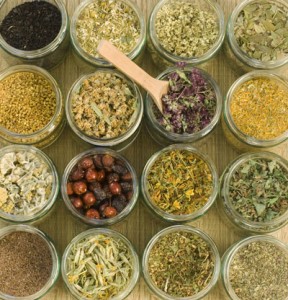
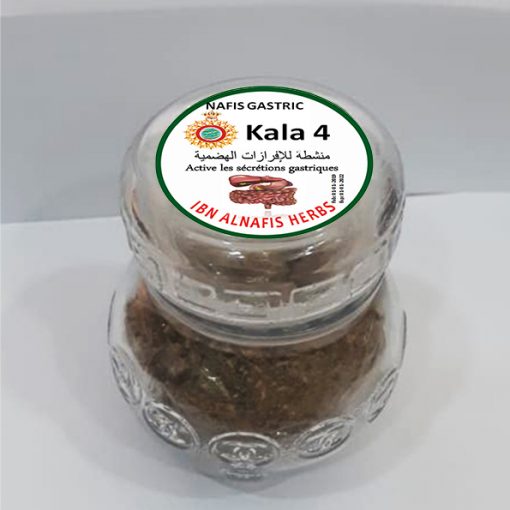
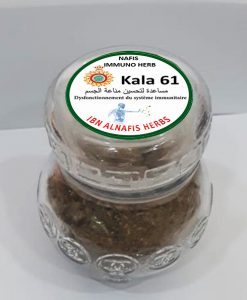
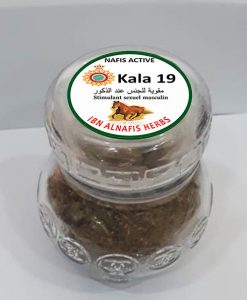
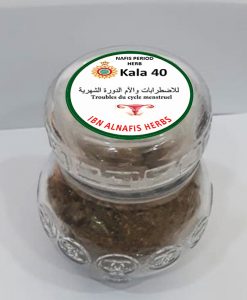
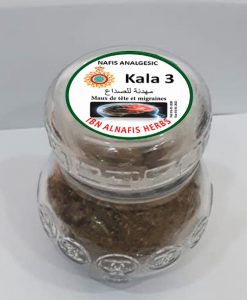
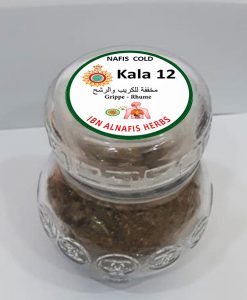
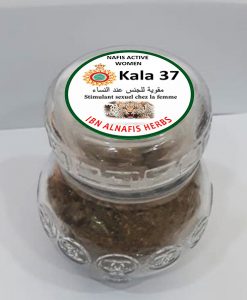
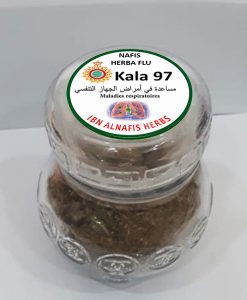
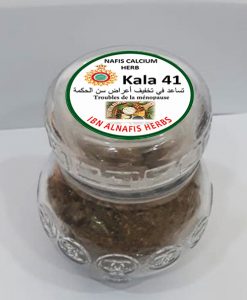
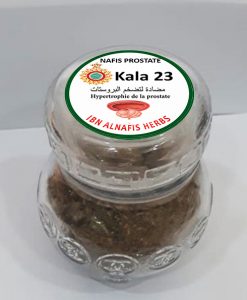
Reviews
There are no reviews yet.